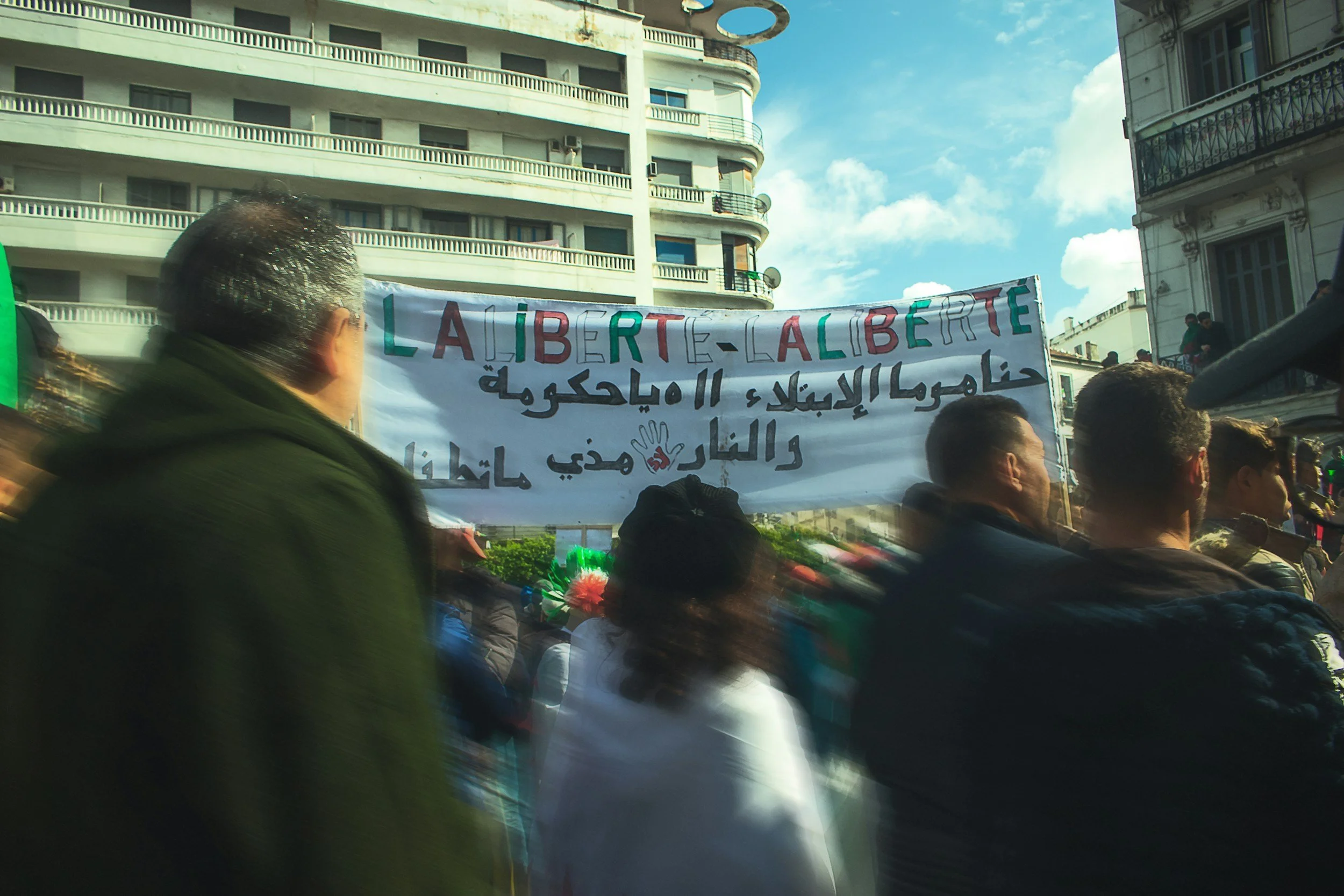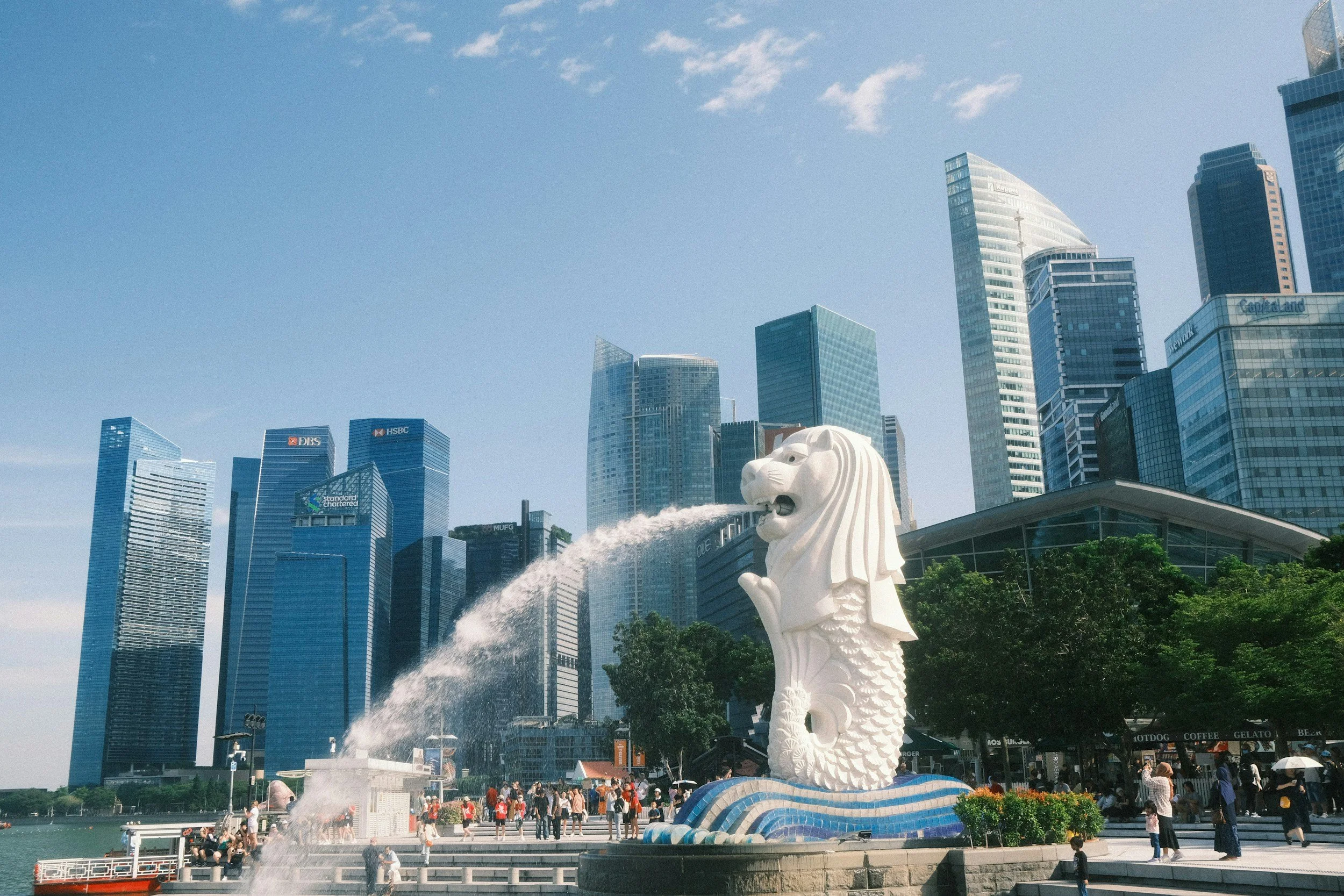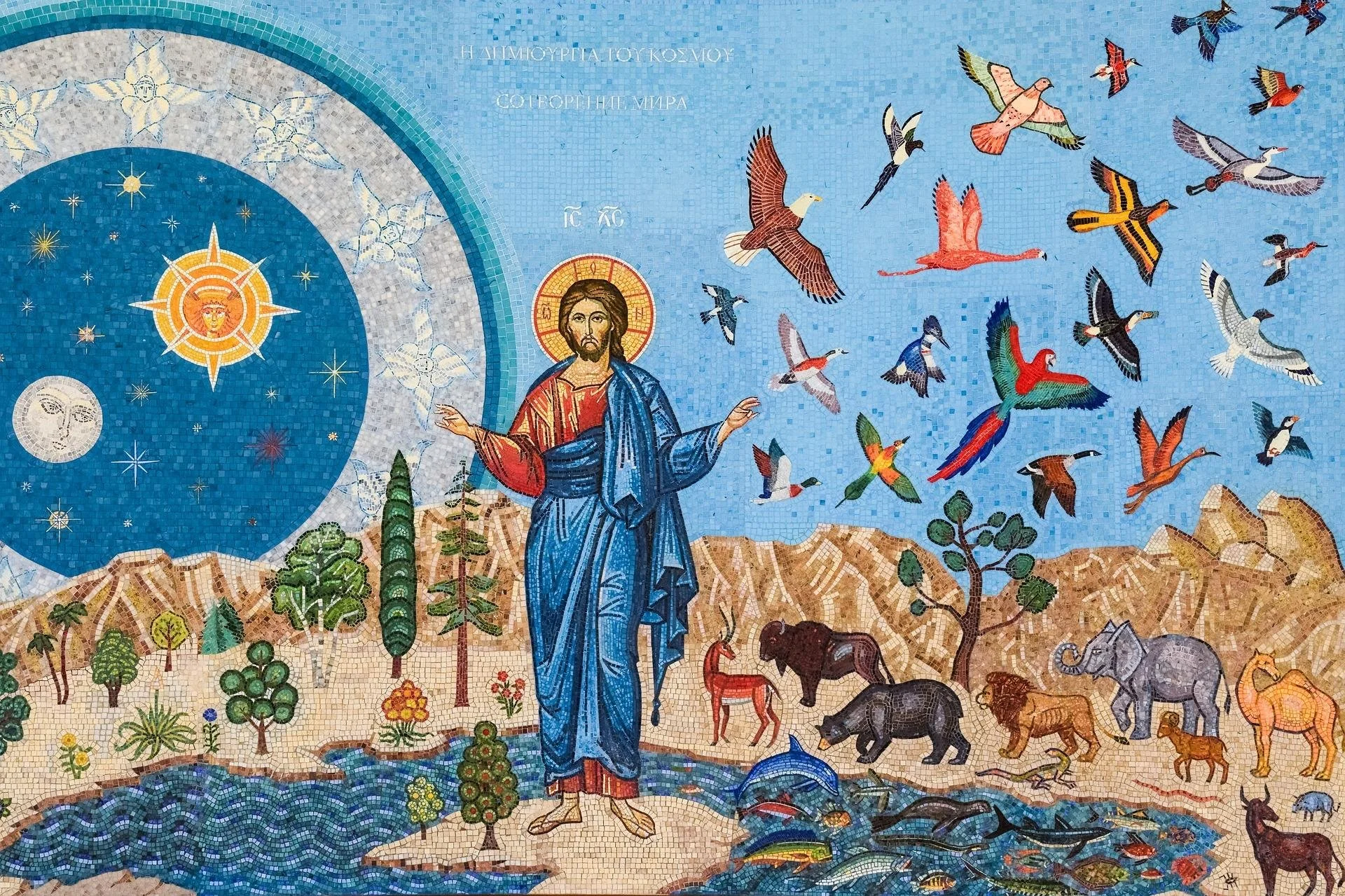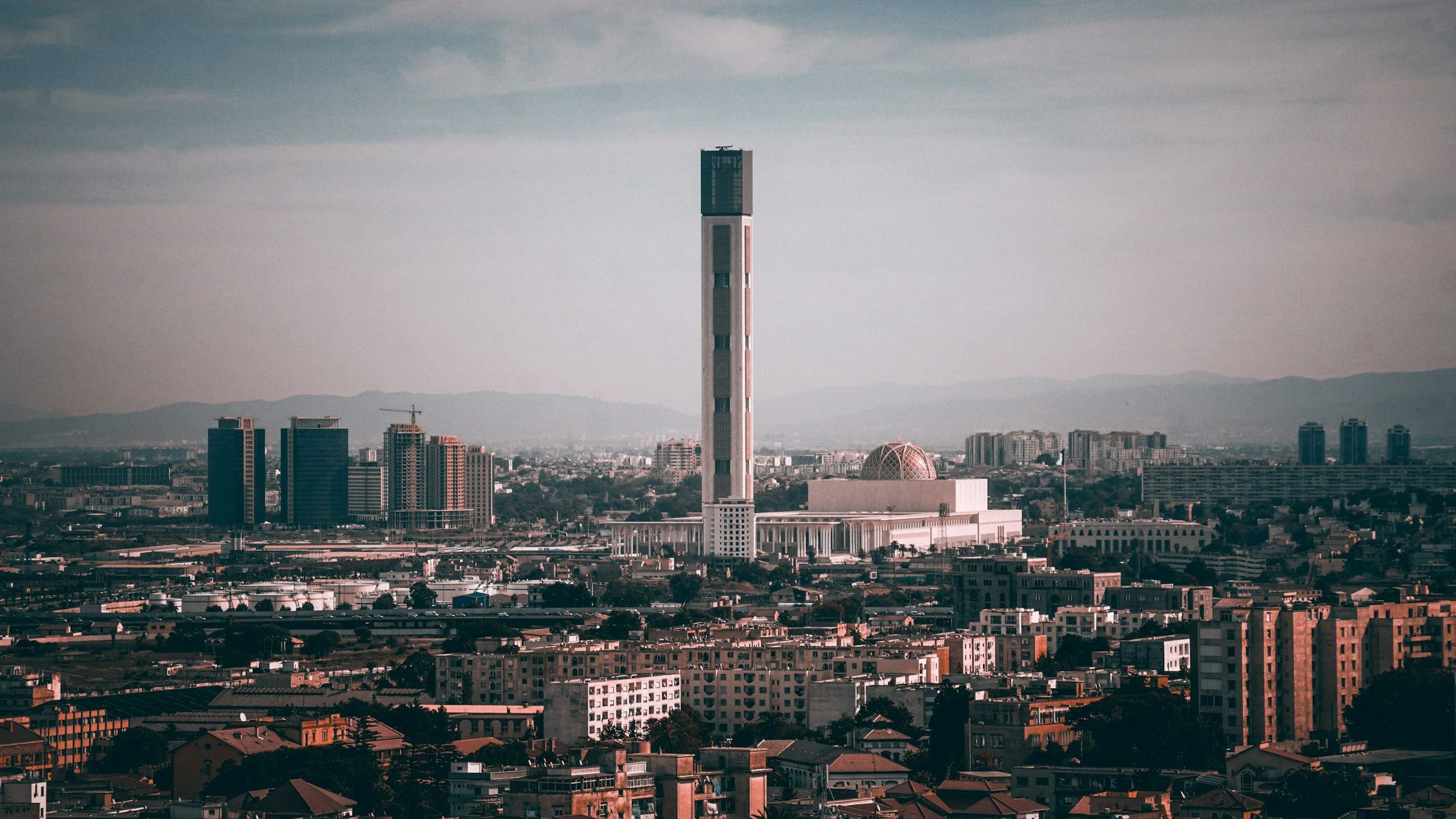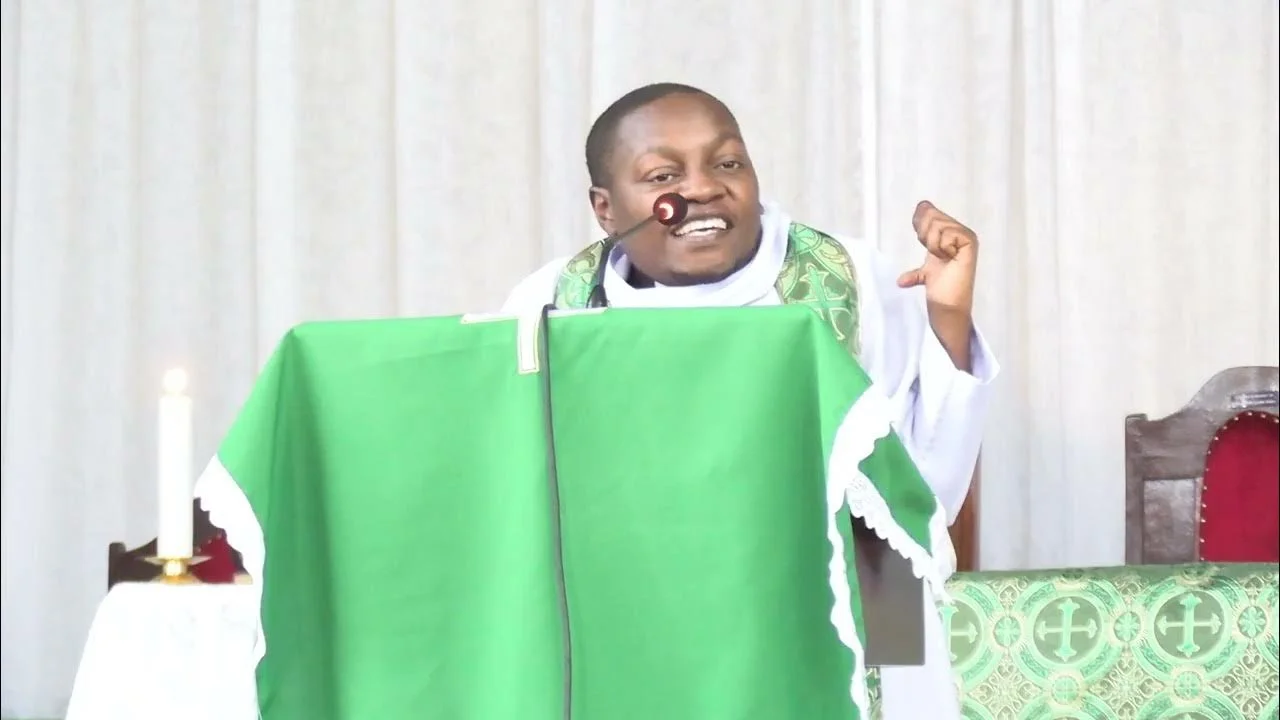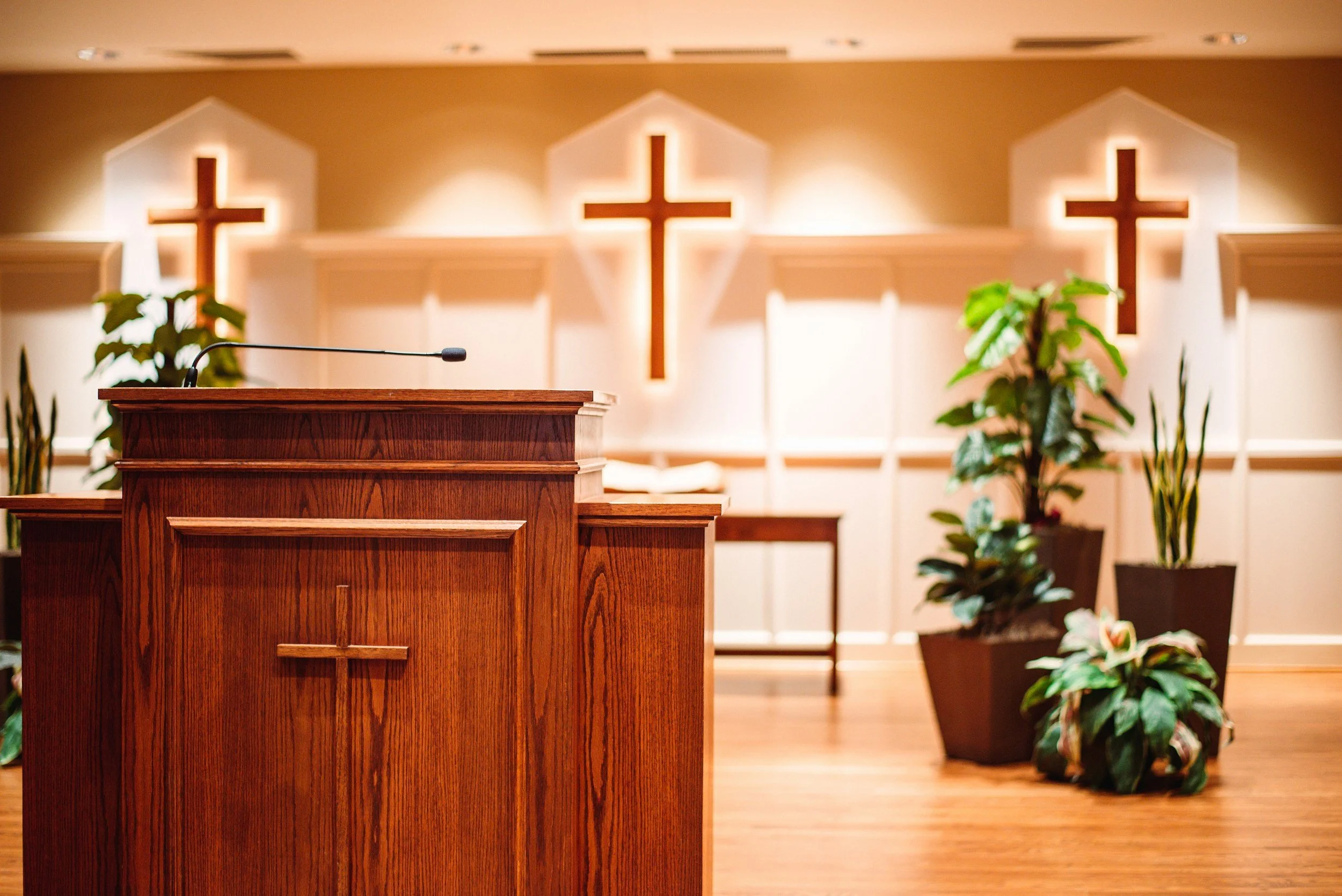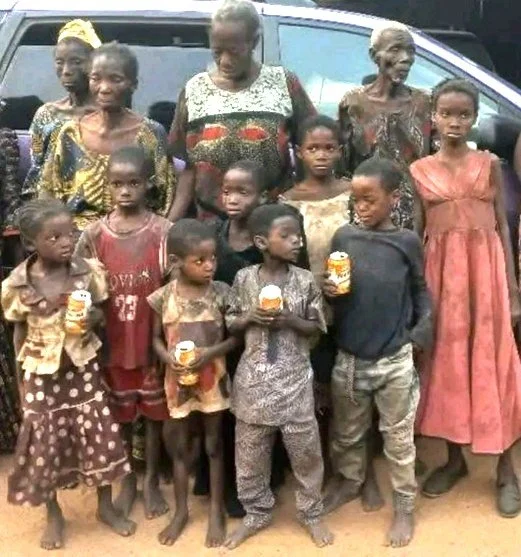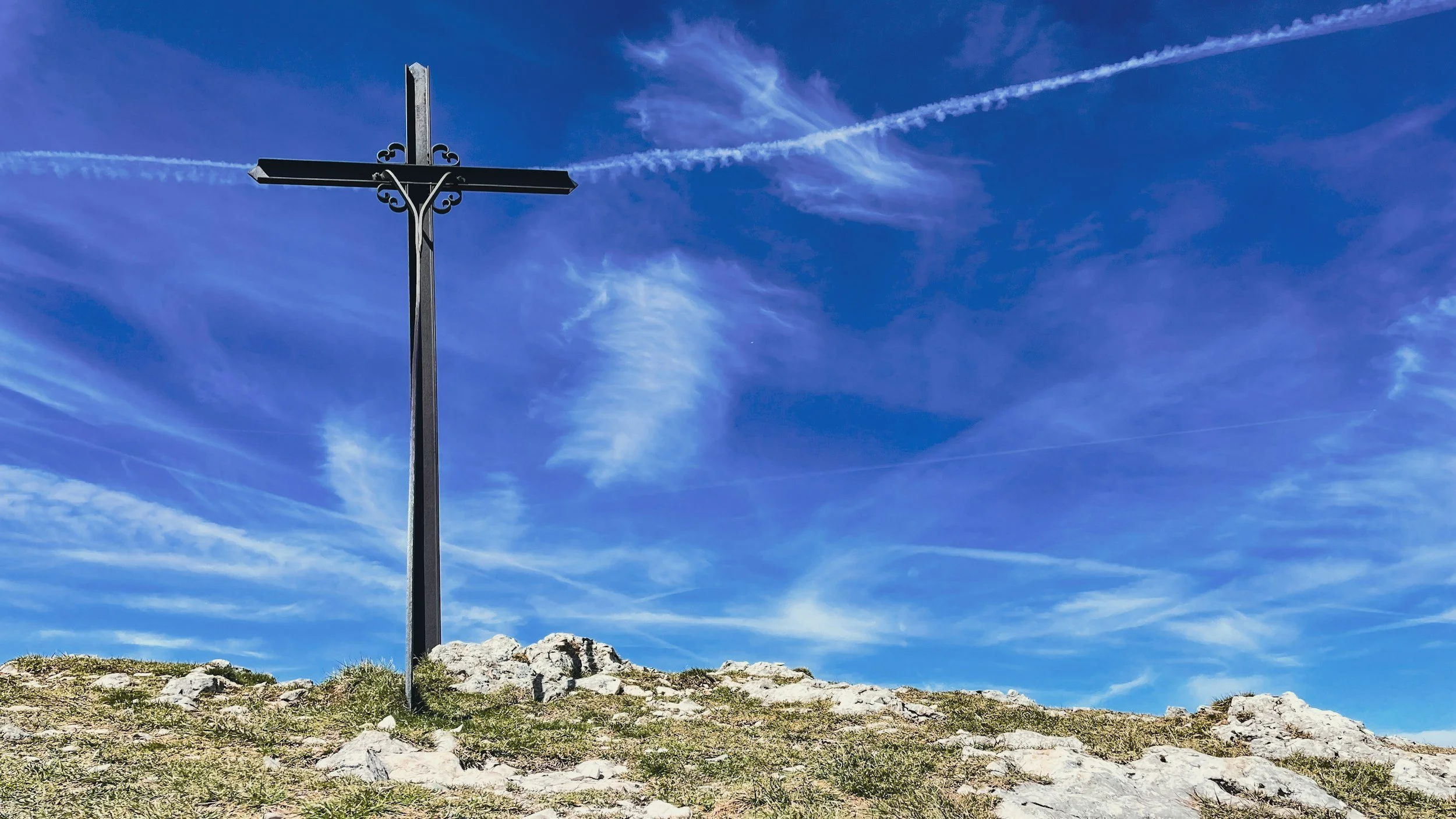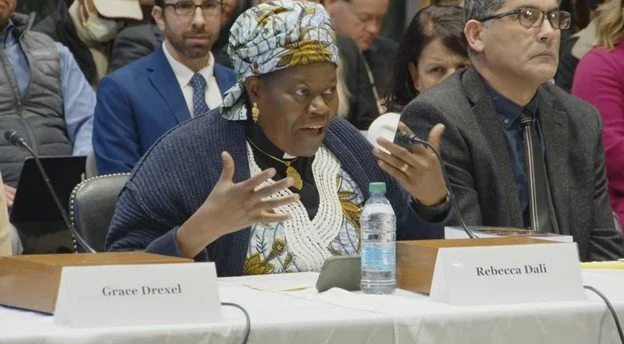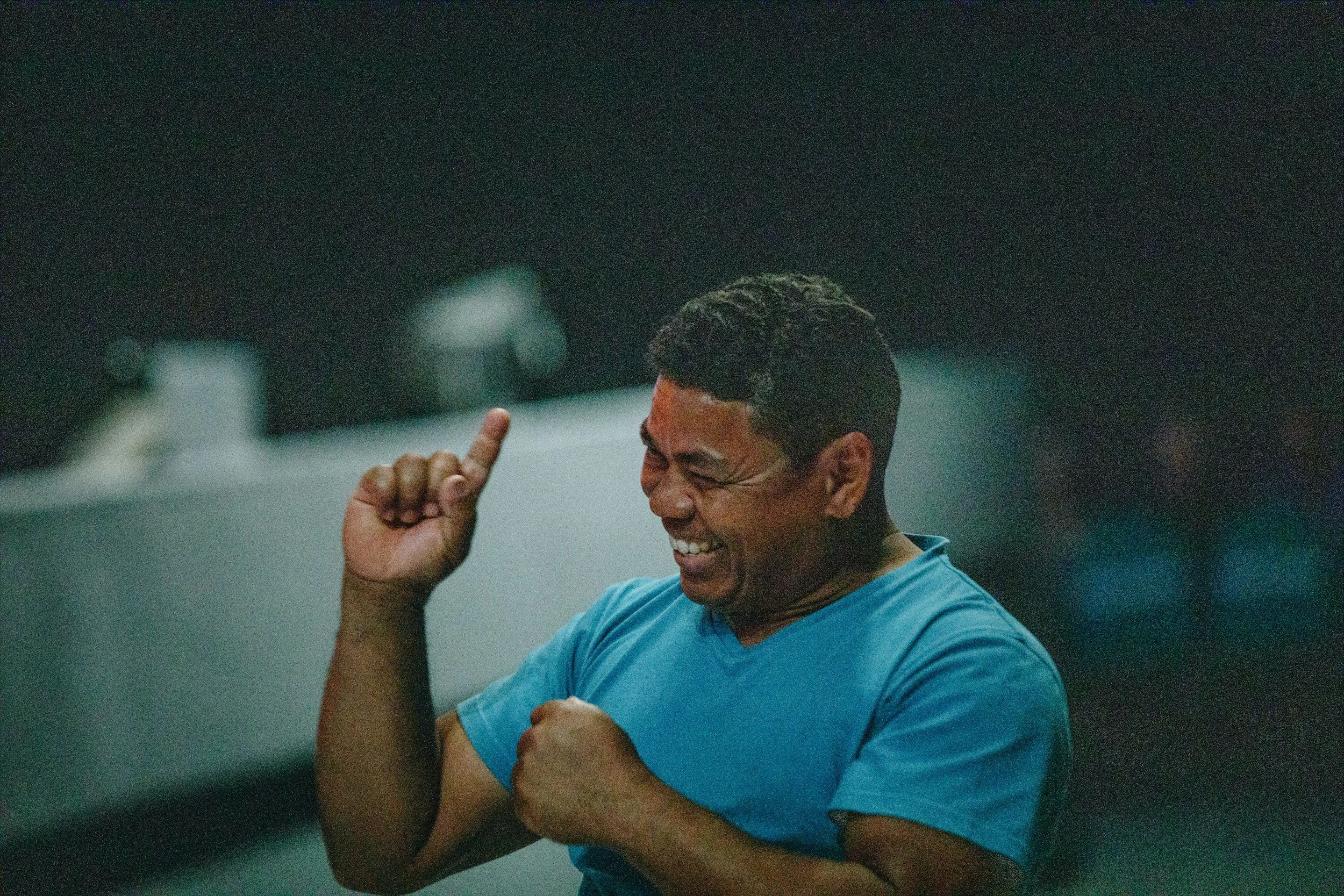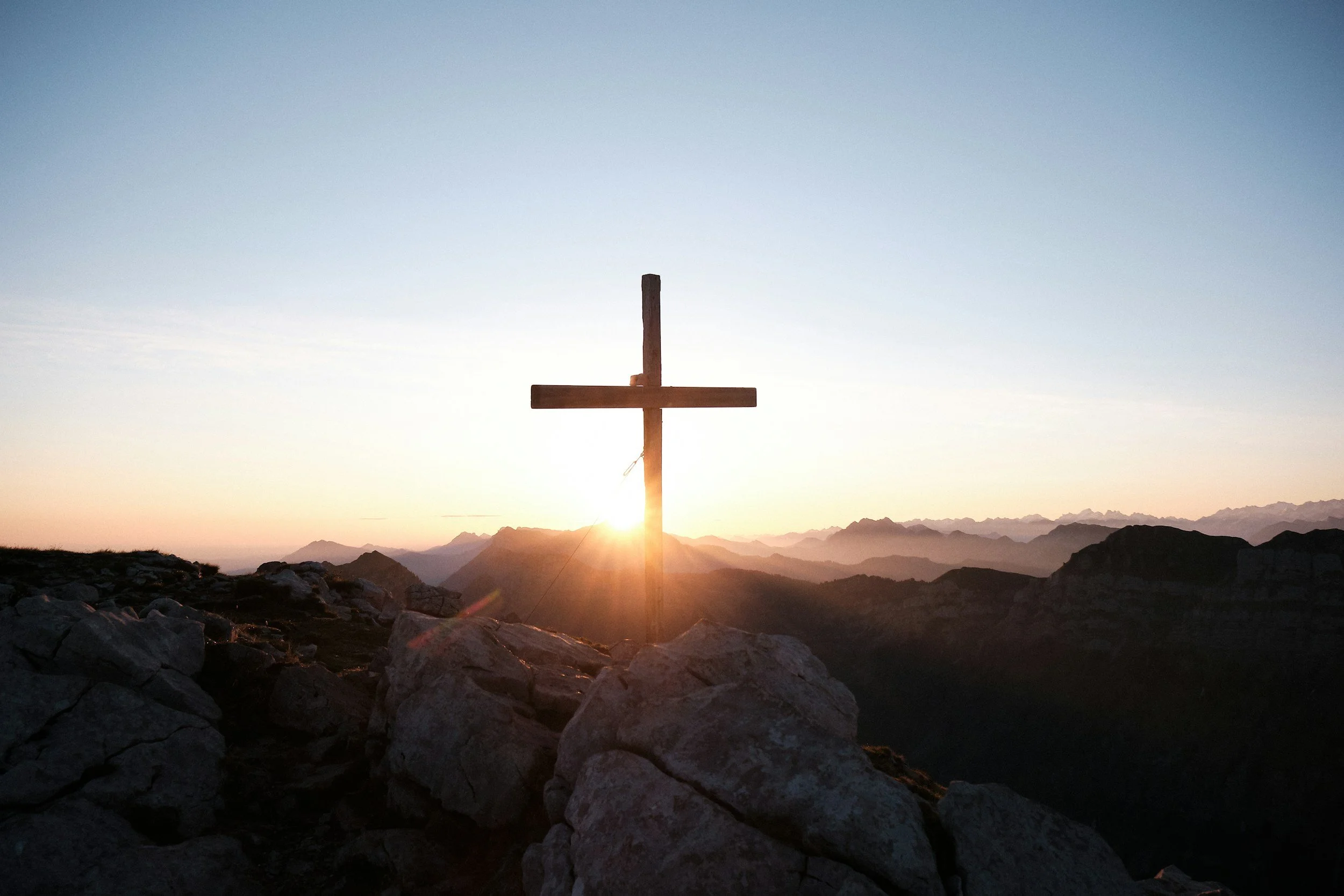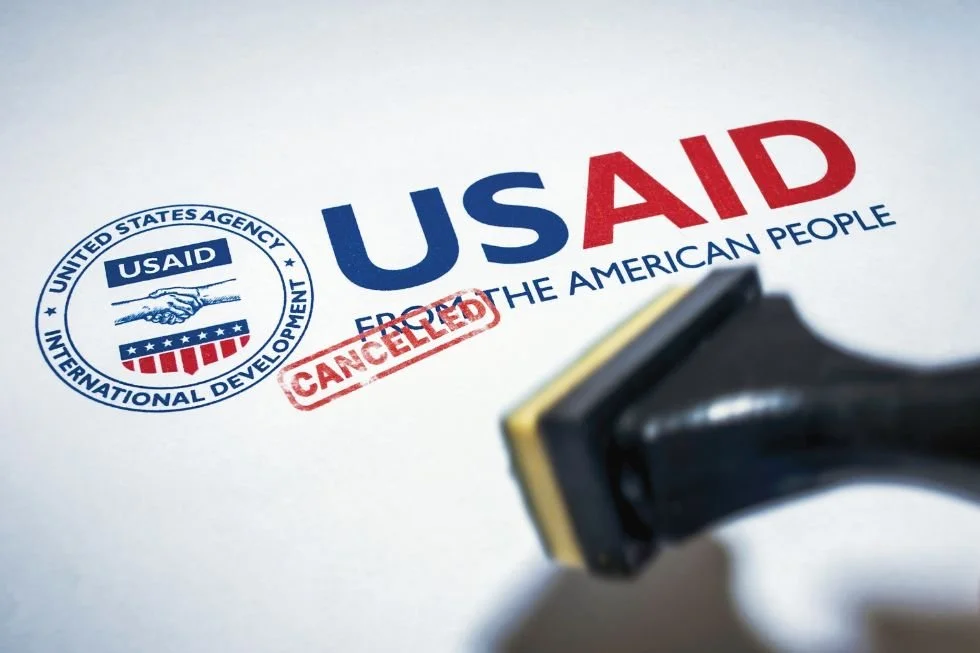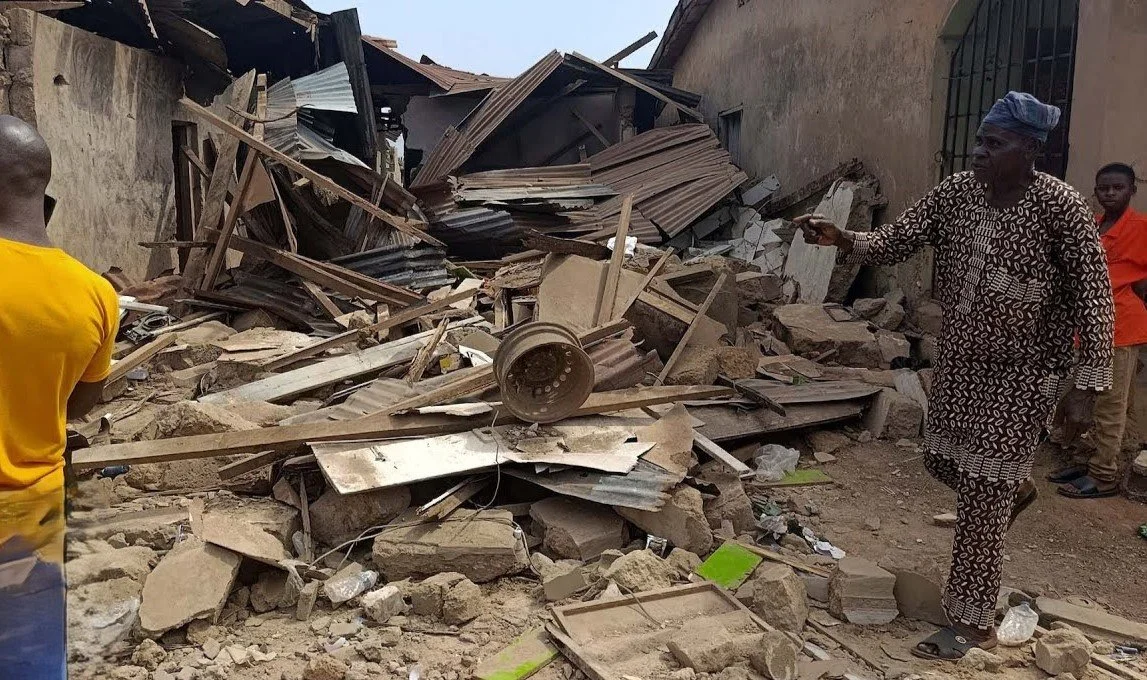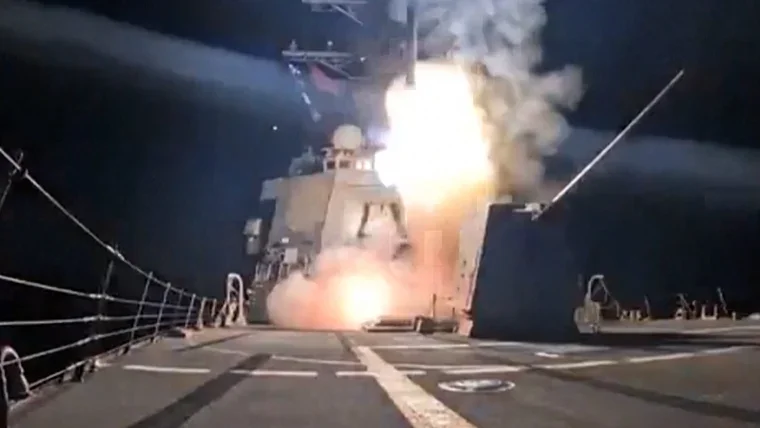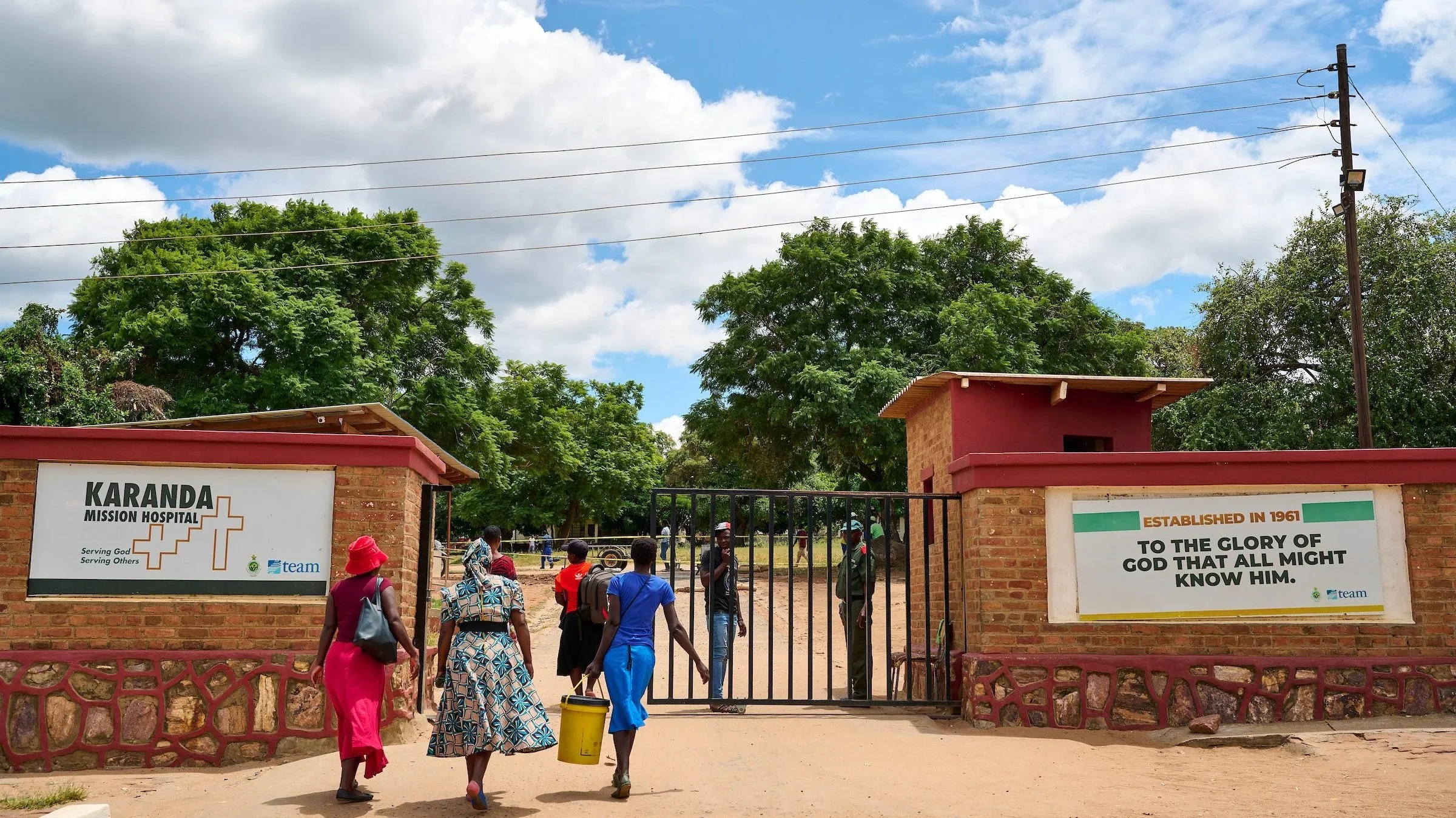(ANALYSIS) Fifteen years ago, Egyptians from all walks of life took to the street to demand “bread, freedom, social justice.” They were protesting the oppressive 30-year rule of Hosni Mubarak. Egypt had been under martial law for 31 years. This meant that political opposition was silenced, and opponents were often imprisoned and tortured. Police brutality was the norm.
Read MoreThe Pew study measured diversity by dividing the global population into seven categories — Christians, Muslims, Hindus, Buddhists, Jews, followers of other religions and people with no religious affiliation — and assessing how evenly those groups are distributed within each country.
Read More(ANALYSIS) The ecological and environmental crisis is undeniable. Discussions around political action, however, quickly fragment into a rivalry of socio-economic interests that result in seemingly inescapable deadlocks. Religious traditions still play rather marginal roles in ecological thought, which often reflects narratives that seek liberation from religion.
Read MoreKarim Kaarar guides visitors through the church of Saint Augustine and the archaeological ruins of ancient Hippo Regius nearly every day, tracing the footsteps of Augustine, one of Christianity's most influential thinkers. But the Algerian Christian knows that in 2026, this small community will host its most significant visitor yet: Pope Leo XIV.
Read MoreThe Rev. Erickson Mugo knows what it means to be a Christian living with a disability. “We have been called upon by the Lord to always proclaim peace and blessings in our homes and society,” he said. “When we encourage one another … we invest ourselves in doing good. May the Lord enable us to invest ourselves in our homes, villages and societies.”
Read MoreSouth Africa faces a sexual abuse crisis, with assaults occurring in homes, streets, and increasingly, churches. Pastors have exploited trust, targeting victims of all ages and backgrounds. Investigative journalist Vicky Abraham details the challenges survivors face, the cycle of abuse and the urgent need for accountability.
Read MoreIn South Africa, a child or woman faces rape or murder every 23 seconds, with perpetrators including pastors and trusted figures. Survivors like Fikile Sondela-Farrow recount lifelong trauma from clerical abuse. Amid several acquittals, thousands have marched, prompting lawmakers to declare gender-based violence a national disaster. Churches are enhancing safeguards.
Read MoreNearly 175 worshippers were abducted on Jan. 18 from three churches in Kaduna State in Nigeria’s Middle Belt, Christian advocacy groups reported, after at least 35 were killed in separate attacks on villages in the Middle Belt and eastern Nigeria.
Read MoreViolence against Christians has reached an all-time high in 15 countries, with 388 million people facing severe persecution worldwide, Open Doors reported. Nigeria remains the deadliest nation, while Syria saw the largest single-year rise amid instability. Other dangerous parts of the world include North Korea, Somalia and Yemen.
Read MoreA Nigerian minister and humanitarian urged the U.S. government to use peaceful methods to address religious persecution during a Jan. 13 USCIRF hearing in Washington. Rebecca Dali said bombing worsened trauma for communities and encouraged intelligence-based cooperation, as witnesses testified about Christian persecution in multiple countries worldwide.
Read MoreFor four million Deaf South Africans and millions across the world, a long spiritual silence has been broken. Many in the Deaf community say they yearn to connect with God, but earlier versions of the Bible, usually available in only text or audio, are inaccessible. And they cannot depend on the verbal message from the pulpit on Sundays.
Read MoreNigeria, Rwanda, China, Mozambique and Mexico were the most dangerous countries for Christians from 2023-2025 in five distinct categories of persecution, Global Christian Relief said in its second annual Red List.
Read MoreMilitants have killed at least 58 individuals in Christian villages in northeastern and northcentral Nigeria since Christmas, and kidnapped others from a Catholic boarding school, according to numerous reports.
Read MoreFor many years, Uganda’s churches and affiliated NGOs depended heavily on international financing from the U.S., U.K. and European Union to run feeding programs, support clergy families and build schools and hospitals. Until last year, USAID was a major conduit for American support.
Read More(ANALYSIS) With 2025 now behind us, it was a year filled with significant developments in religion, faith and spirituality — and 2026 is likely to be just as eventful. Here are five key religion-related issues and trends to watch for over the next 12 months in the U.S. and throughout the world.
Read MoreThe Dec. 25 attack may have been more a shot across the bow, according to a PBS interview with J. Peter Pham, the U.S. special envoy to the Sahel region during the first Trump administration. The places hit by U.S. military, he said, were not where the genocide against Christians is taking place.
Read More(ANALYSIS) The U.S. airstrikes against ISIS militants in Nigeria on Christmas Day represents an escalation in an insurgency that their military has struggled to contain for more than a decade. The political and strategic significance is hard to miss: Washington appears willing to take a more direct role in a conflict once treated largely as a regional problem.
Read MoreNear the border with Mozambique lies Mount Darwin, a rural community 125 miles north of the capital Harare. The countryside doesn’t have much besides agriculture, but it is known as home to one of the famous hospitals in the country. Karanda Mission Hospital, operated by the Evangelical Church of Zimbabwe, has emerged as a beacon of hope.
Read MoreNigerian Christian leaders verified that Christians there are persecuted for their faith, refuting a growing international narrative that violence in the deadliest country for Christians is not religion-based.
Read MoreDespite cannabis's central role in Rastafarian worship, adherents face persistent criminalization and face a minimum 10-year prison term for simple possession. Police raids on tabernacles remain routine across Kenya, with officers confiscating plants, destroying drums and sometimes forcibly cutting dreadlocks. Now, adherents are trying to legalize it.
Read More
